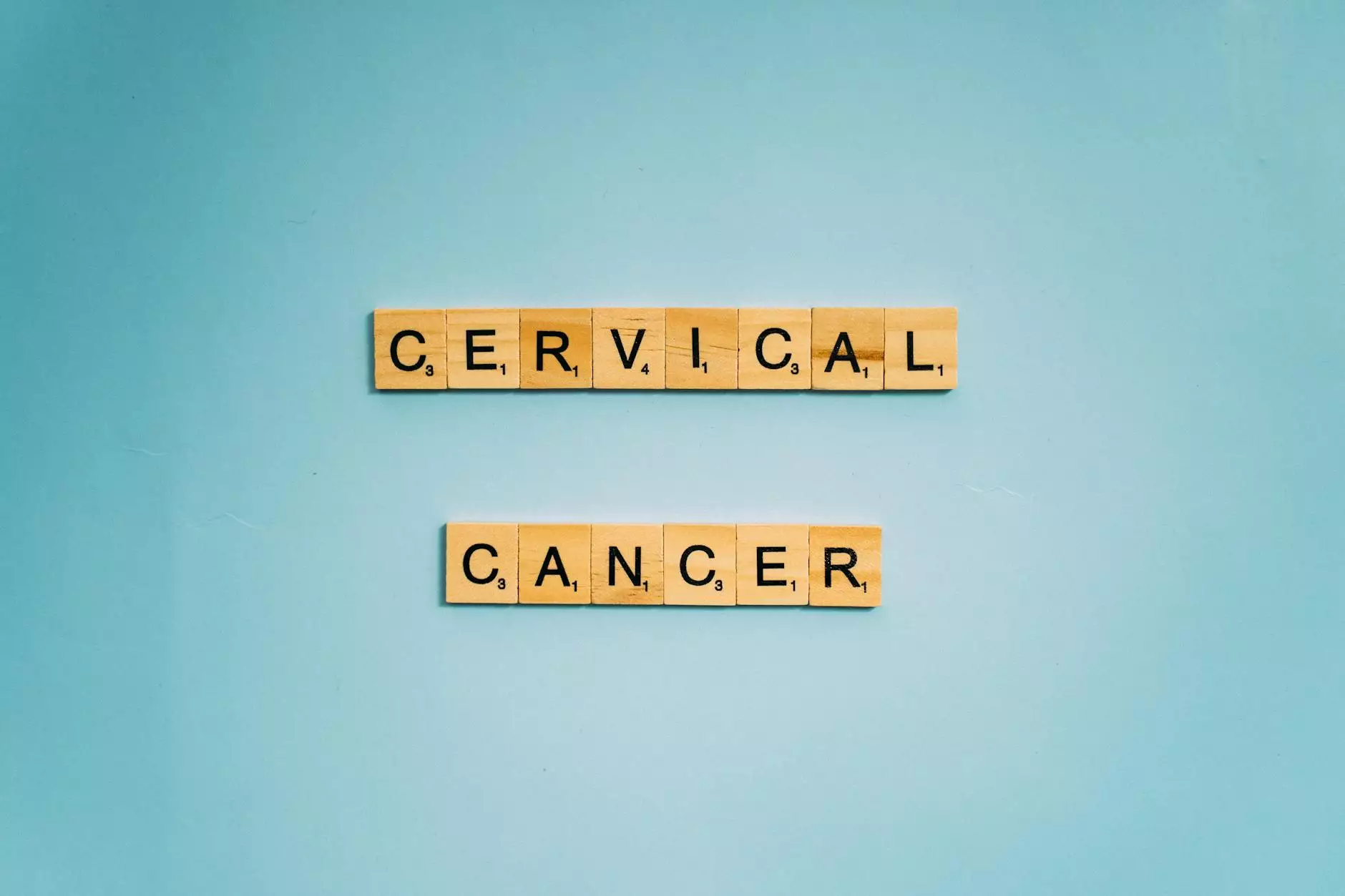The Essential Guide to Cancer Treatment Clinics

Cancer treatment clinics are critical establishments devoted to diagnosing and treating various types of cancer. As both physical and emotional support centers, these clinics offer a comprehensive approach to patient health and well-being. In this article, we will explore everything you need to know about cancer treatment clinics, their services, benefits, and how they can significantly enhance the cancer treatment journey.
Understanding Cancer Treatment Clinics
At the core, a cancer treatment clinic is designed to provide specialized care and support for patients battling cancer. These clinics are typically staffed with a multidisciplinary team of healthcare professionals, including:
- Oncologists: Doctors specialized in the diagnosis and treatment of cancer.
- Nurses: Skilled professionals who provide care, education, and support to patients.
- Social Workers: Experts who assist with emotional and psychological support during treatment.
- Nutritionists: Providers focused on dietary management to support patients physically during treatment.
- Pain Management Specialists: Professionals dedicated to ensuring comfort through pain control methods.
The Importance of Specialized Care
Specialized care in a cancer treatment clinic ensures that patients receive tailored treatment plans formulated to meet their unique needs. This personalized approach is vital because every cancer diagnosis is different, and treatment must be adapted accordingly. The benefits of this specialized care include the following:
- Customized Treatment Plans: Treatment methods such as chemotherapy, radiation therapy, and immunotherapy are adapted based on the individual’s cancer type, stage, and overall health.
- Improved Survival Rates: Centers specializing in oncology often have access to the latest research and clinical trials, leading to more effective treatment options.
- Holistic Support: Beyond medical care, these clinics provide psychological and emotional support, which is crucial during the often-stressful cancer journey.
Services Offered by Cancer Treatment Clinics
Cancer treatment clinics offer a wide range of services that encompass all aspects of cancer care. Some of the primary services include:
Diagnostics and Screening
Early detection is essential in improving the prognosis for cancer patients. Clinics provide comprehensive screening programs that include:
- Mammograms: For breast cancer detection.
- CT Scans: Advanced imaging for various cancer types.
- Biopsy Services: Necessary for accurate diagnosis.
Treatment Options
Cancer treatment clinics offer various treatment modalities tailored to cancer types and stages, such as:
- Chemotherapy: The use of drugs to kill cancer cells.
- Radiation Therapy: Targeting tumors with high-energy rays.
- Surgery: Removal of tumors or affected tissue.
- Immunotherapy: Utilizing the body’s immune system to combat cancer.
Post-Treatment Support
Recovery doesn’t stop after treatment; hence, many clinics provide:
- Follow-Up Care: Regular check-ups to monitor health post-treatment.
- Rehabilitation Services: Physical therapy to regain strength and mobility.
- Support Groups: Emotional and mental health support from peers.
Innovations in Cancer Treatment Clinics
The field of oncology is ever-evolving, with exciting advancements enhancing the capabilities of cancer treatment clinics. Innovations include:
Precision Medicine
Precision medicine tailors treatment based on genetic, environmental, and lifestyle factors. This approach maximizes treatment efficacy while minimizing side effects.
Telemedicine
The rise of telemedicine has allowed cancer treatment clinics to offer remote consultations. This enhances accessibility for patients who may live far from treatment centers.
Clinical Trials
Many clinics offer participation in clinical trials, which research innovative treatment options. These trials can provide patients access to cutting-edge therapies not yet widely available.
Choosing the Right Cancer Treatment Clinic
Selecting the appropriate cancer treatment clinic is a critical decision in the cancer journey. Here are some factors to consider:
Accreditation and Credentials
Ensure that the clinic has the necessary accreditation and that the medical staff are board-certified oncologists. Accreditation signifies that the clinic meets high standards of care.
Range of Services
Look for clinics that offer a comprehensive suite of services tailored to all stages of the cancer treatment continuum, from diagnosis and treatment to recovery support.
Access to Advanced Technologies
A clinic with access to the latest treatment technologies and clinical trials can significantly affect treatment outcome. Research what technologies and treatments the clinic offers.
Patient Reviews and Success Stories
Real patient experiences can provide insight into the level of care and support offered at the clinic. Reading reviews and testimonials can be very informative.
The Financial Aspect of Cancer Treatment
Cancer treatment can be financially burdensome. It is crucial to understand:
- Insurance Coverage: Check which services are covered by your insurance.
- Financial Assistance Programs: Many clinics offer resources to help patients in financial distress.
- Payment Plans: Inquire about payment options to help manage costs effectively.
Conclusion: The Path Forward with Cancer Treatment Clinics
The journey through cancer treatment is challenging, but cancer treatment clinics play a vital role in providing essential medical care, emotional support, and innovative treatments. Through comprehensive services and a dedicated team of professionals, these clinics significantly enhance a patient’s chances of recovery while also focusing on their quality of life.
In the face of a cancer diagnosis, it is crucial to seek care from reputable cancer treatment clinics that prioritize patient-centered approaches, leverage advanced technology, and continually strive to improve treatment outcomes. In doing so, patients and their families can embark on a path towards better health and renewed hope.









